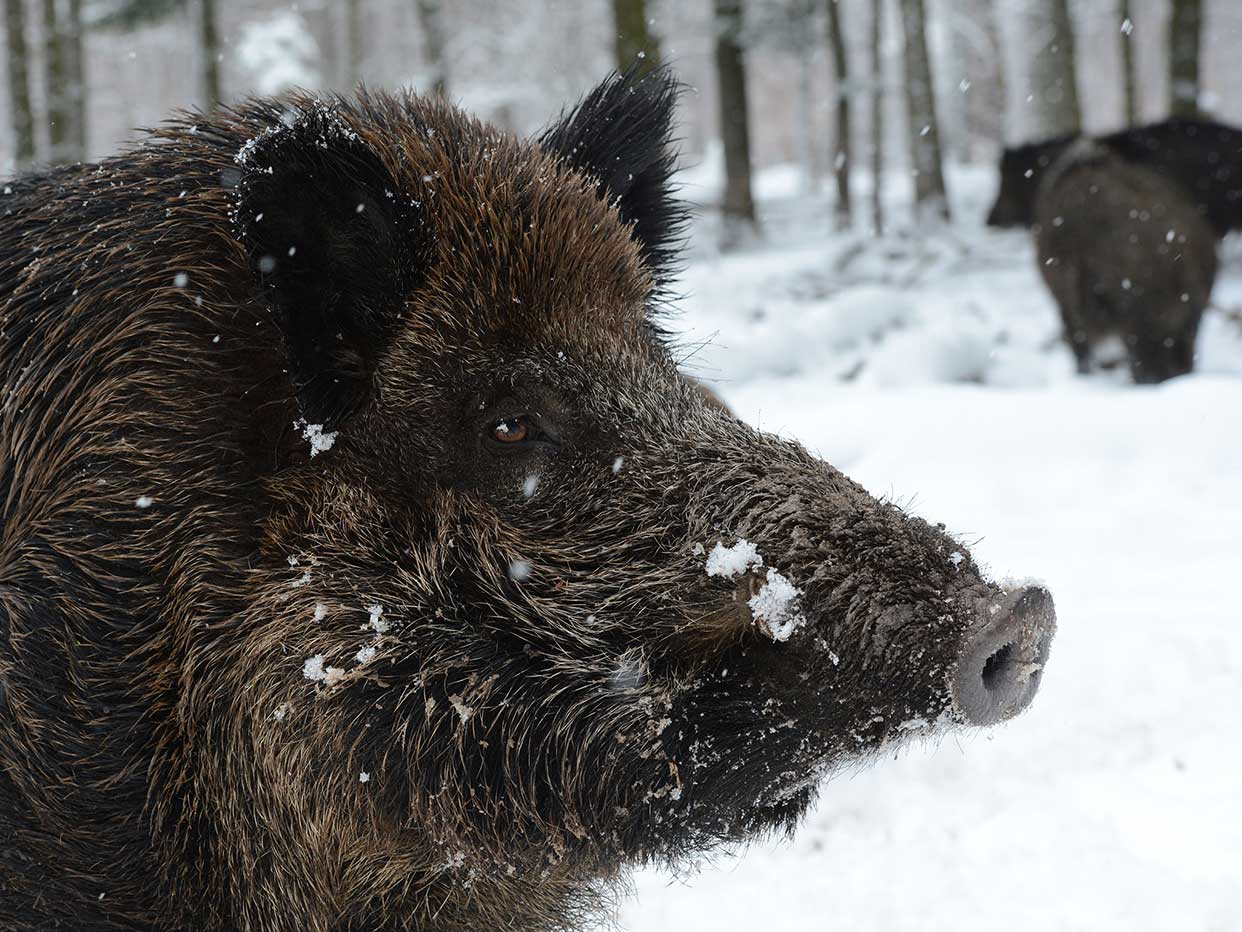Hong Kong plans to tackle wild boar invasion
Activists say illegal feeding to blame for increase of packs of wild pigs in the financial hub

A free daily email with the biggest news stories of the day – and the best features from TheWeek.com
You are now subscribed
Your newsletter sign-up was successful
Authorities in Hong Kong are under pressure to tackle the growing problem of wild boars roaming the streets.
Packs of wild pigs are a strange but increasingly common sight amid the apartment blocks and high-rise offices of Hong Kong “as the city’s ballooning population expands into former wilderness”, says The Washington Post.
According to the Agriculture, Fisheries and Conservation Department (AFCD), the number of boar sightings and nuisance reports have more than doubled in the past five years.
The Week
Escape your echo chamber. Get the facts behind the news, plus analysis from multiple perspectives.

Sign up for The Week's Free Newsletters
From our morning news briefing to a weekly Good News Newsletter, get the best of The Week delivered directly to your inbox.
From our morning news briefing to a weekly Good News Newsletter, get the best of The Week delivered directly to your inbox.
Wild boars, which can weigh up to 200kg (440lb), are not usually aggressive, but have been known to attack humans. Last year, five people were injured in confrontations with wild boars.
Although “some residents welcome sightings of the boars as a symbol of good fortune, especially with the arrival of the Chinese Lunar Year of the Pig”, an increasing number of locals are concerned that wild pigs are becoming too comfortable in the city, says Reuters.
In recent months, boars have “charged down hikers, raided rubbish tips and camp sites, and even scampered through a shopping mall and a runway at the airport”, the news agency reports.
The situation is particularly acute on Hong Kong Island, where almost all urban development is confined to a thin strip of usable land along the coast, says CNN, resulting in a “short step from the concrete jungle to the subtropical rainforests”, which are home to wild boar populations.
A free daily email with the biggest news stories of the day – and the best features from TheWeek.com
Roni Wong, who runs a group that campaigns for the protection of wild boards, said most of those seen in the city “have already lost their fear of humans”, and blamed residents who continue to leave food out for the animals despite laws prohibiting the practice.
The debate over how to respond to the unwanted invasion has become a hot political topic in the territory.
Until 2017, authorised “civilian hunting teams” were permitted to cull wild boars. The practice was suspended under pressure from animal rights groups, but some concern groups are calling for it to be brought back.
More outlandish suggestions include “introducing ‘natural predators’ like lions to get rid of boars, or ring fence them and develop a new food industry”, says the South China Morning Post.
However, for now, the AFCD says it will stick to its current policy of returning stray boars to the wild, alongside public education campaigns to dissuade residents from feeding the animals.